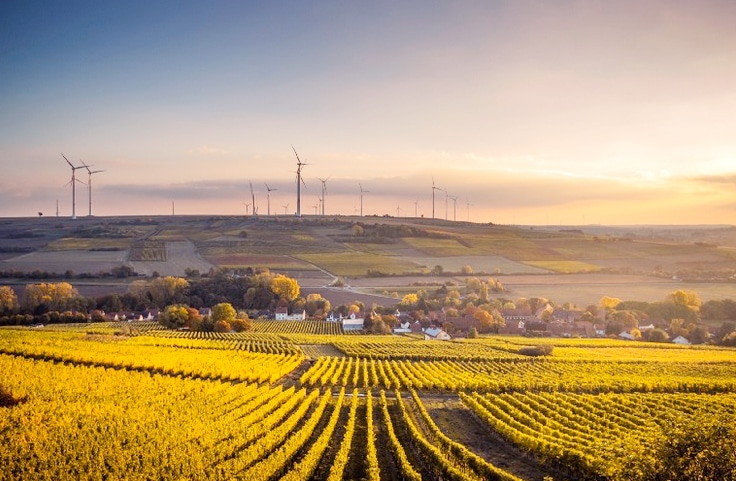David Rose and Charlotte-Anne Chivers, The Conversation, 14 September 2020, photo credit: Karsten Würth (@inf1783) on Unsplash/Medium
Depending on who you listen to, artificial intelligence may either free us from monotonous labour and unleash huge productivity gains, or create a dystopia of mass unemployment and automated oppression. In the case of farming, some researchers, business people and politicians think the effects of AI and other advanced technologies are so great they are spurring a “fourth agricultural revolution”.
Given the potentially transformative effects of upcoming technology on farming – positive and negative – it’s vital that we pause and reflect before the revolution takes hold. It must work for everyone, whether it be farmers (regardless of their size or enterprise), landowners, farm workers, rural communities or the wider public. Yet, in a recently published study led by the researcher Hannah Barrett, we found that policymakers and the media and policymakers are framing the fourth agricultural revolution as overwhelmingly positive, without giving much focus to the potential negative consequences.
The first agricultural revolution occurred when humans started farming around 12,000 years ago. The second was the reorganisation of farmland from the 17th century onwards that followed the end of feudalism in Europe. And the third (also known as the green revolution) was the introduction of chemical fertilisers, pesticides and new high-yield crop breeds alongside heavy machinery in the 1950s and 1960s.
Read more
The South African Pork Producers’ Organisation (SAPPO) coordinates industry interventions and collaboratively manages risks in the value chain to enable the sustainability and profitability of pork producers in South Africa.









